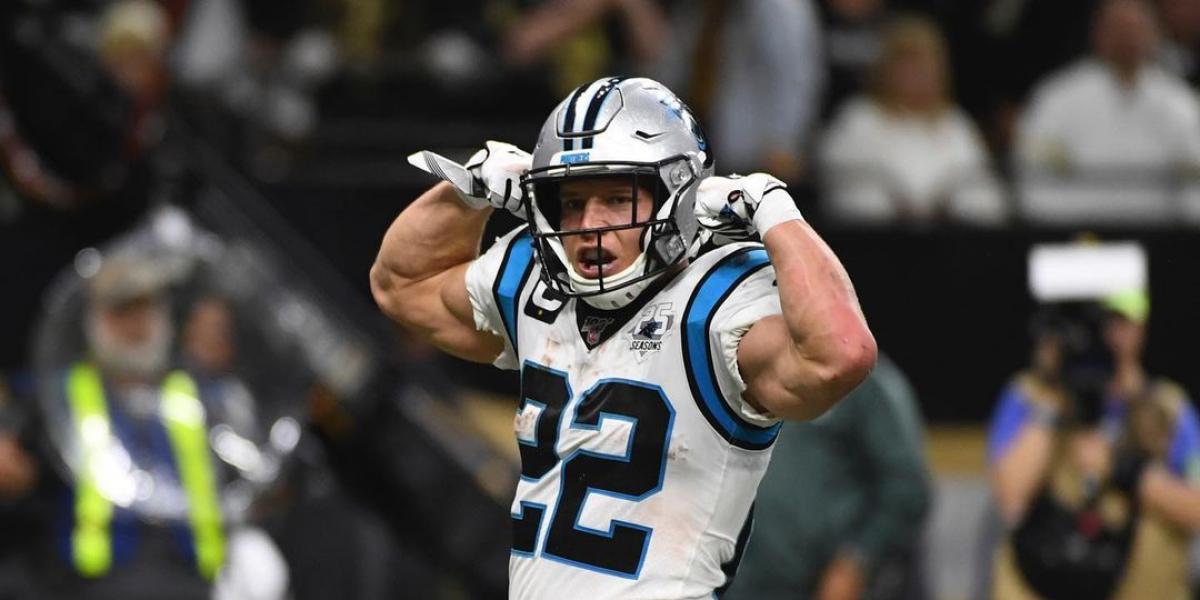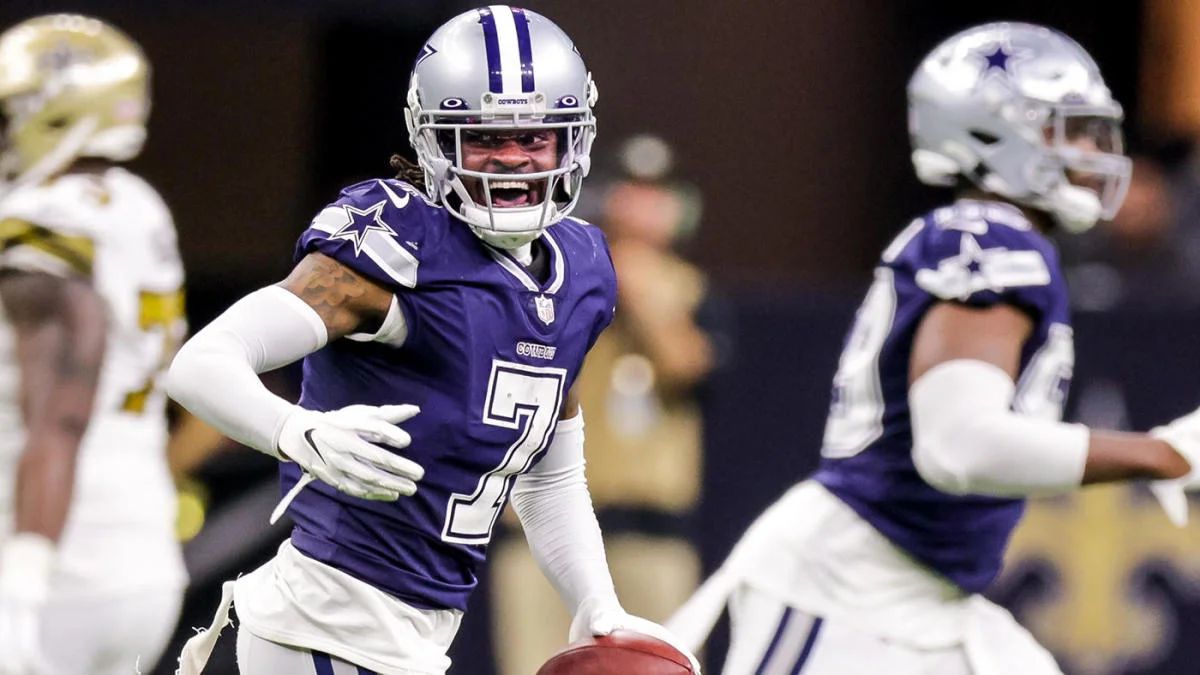Lamar Jackson
It had been impossible to judge whether Ravens quarterback Lamar Jackson should have accepted the most acceptable long-term deal the franchise had to offer instead of playing out the final $23 million of his rookie contract. There is no concrete evidence of the offer he turned down.
Jackson declined a six-year contract
Jackson declined a six-year contract (i.e., a five-year extension) that would have paid him $133 million fully guaranteed at signing, according to Chris Mortensen of ESPN.com. That is more than quarterbacks Russell Wilson of the Broncos ($124 million) and Kyler Murray of the Cardinals ($103.3 million), who just got longer contracts (each lasting seven years).
Over six years, Jackson "might have earned" more than $290 million. According to Mortensen, the $48.5 million that the Broncos paid Wilson would have fallen short of the new-money average. (Wilson's deal was said to have a new-money average of $49 million; as detailed here, the average was reduced to $48.5 million since the value of the 17th-game payments for 2022 and 2023 was not included in the old/new-money comparison.)
April to June sessions
How much of the $290 million would have been considered Jackson's base contract is unknown. He will earn $24.35 million this year, including the payment for the 17th game. That leaves an average of $53.13 million after deducting it from $290 million and dividing by five. Therefore, for Jackson to make the amount of money that would have propelled him to $290 million, he would have needed to hit specific triggers.
According to Mortensen, the agreement also includes significant de-escalators ($2.5 million year) contingent upon Jackson taking part in most of the offseason program. After being primarily, if not entirely, present during the team's voluntary April to June sessions and practices in each of his first four seasons, Jackson decided to forego them in 2022.
Cardinals and Broncos,
Several inconsistencies in the reporting prevent a thorough evaluation of the offer. What would have been the cash flow for the first year? How much of the agreement would have been injury-guaranteed? Given that they would have been paying him whatever they would have been in 2022, how much of the injury guarantee would have transformed into a full guarantee in March 2023?
That doesn't seem to matter now, as Mortensen has known that Jackson wants a fully guaranteed contract similar to Deshaun Watson's. Mortensen also claims that Jackson received "aggressive guidance from the NFLPA at the highest levels," as inferred from this. Mortensen furthers that Jackson was authorized to request a wholly guaranteed contract if he so desired by the union based on Jackson's age (25) and performance.
He has a right to demand it, but the Ravens, like the Cardinals and Broncos, have a right to refuse to comply. Remember that the union has made it plain to want additional contracts with full guarantees. It's reasonable to wonder if the NFLPA's plan in this area tainted the advice Jackson received, leading him to take a chance on a potential Kirk Cousins-style year-to-year plan that includes playing in 2023 and 2024 while being protected by the franchise tag, becoming an unrestricted free agent in 2025, and attempting to sign a fully guaranteed contract on the open market.
If Jackson continues to be sufficiently healthy and productive to get tagged twice, he might earn more than $125 million (considering the seventeenth game check). But according to the article, if he had accepted the Ravens' offer, he would have had $133 million wholly guaranteed right now, plus an additional sum unknown in injury guarantees that most likely would have converted to full guarantees at some point in the following year or two.
The precise sum is yet unknown.
The fact that he would have earned substantially more than $24.35 million in 2022 is maybe the most significant. The precise sum is yet unknown. It's essential for assessing the agreement.
What would happen if he left with more than $50 million in cash for 2022? Over 70 million dollars? Approximately $100 million? The pursuit of a wholly guaranteed contract must eventually make way for the size of a bird in the hand.
We've maintained that Jackson needs someone who can entirely and impartially compare the team's best offer to a three-year search for unrestricted free agency, which may or may not result in the white whale of a fully-guaranteed deal. The union, to be honest, isn't impartial; it wants players to stick up for completely guaranteed contracts so that, over time, the dynamic will become the norm. Jackson wants guidance from a person with no plan or prejudice.
And Jackson will only have himself — and his union — to blame for betting on himself and losing if he sustains a severe injury or if his play declines over the next three years for any reason (including an accumulation of minor injuries based on his physical playing style that leaves him not the player he was when he won the MVP award three years ago).



Login To Leave a Comment